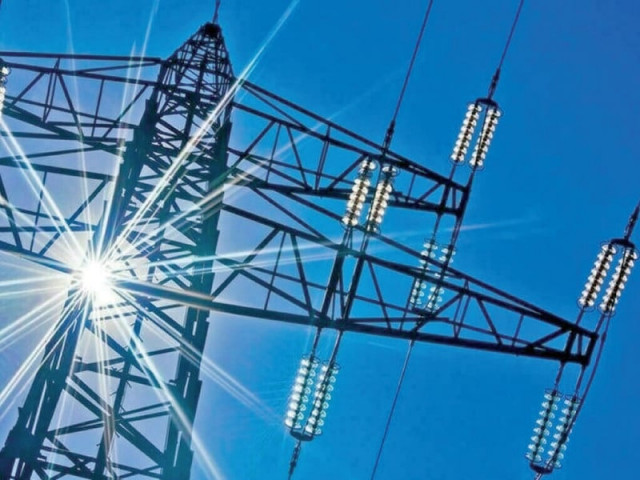Rs7.13 per unit power tariff hike in the offing
Proposed increase based on account of FCA for January

The inflation-stricken nation, already struggling to meet ends meet, braces for another power shock as it anticipates a tariff hike of Rs7.13 per unit on account of fuel cost adjustment (FCA) for the month of January 2024.
The National Electric Power Regulatory Authority (Nepra) is scheduled to conduct a hearing on February 23 concerning the adjustment of fuel charges for ex-Wapda distribution companies (Discos) in the last month.
The Central Power Purchasing Agency Guarantee Limited (CPPA-G) has provided a detailed information regarding the actual fuel charges incurred by these companies during January.
Based on this data, the CPPA-G has proposed an increase of Rs.7.1308/kWh over the reference fuel charges for Discos, totalling Rs7.4894/kWh for the last month.
The actual price of electricity stood at a higher rate of Rs14.6 per unit due to power generated through expensive fuel such as high-speed diesel (HSD).
The breakdown reveals varying costs across different generation sources, ranging from Rs11.9213/kWh to Rs45.6066/kWh for HSD.
In January, the CPPA-G unveiled the precise fuel charges incurred by Discos.
The breakdown exposes diverse costs across various generation sources, with hydel at Rs11.9213 per unit.
The share of hydel electricity had dropped to 924Gwh accounting for 11.12 per cent out of the total energy mix.
The canals were closed during January, leading to a massive drop in water releases from dams, resulting in reduced electricity generation.
As of January 31, 2024, Pakistan had a cumulative installed power generation capacity of 46,035 megawatts (MW).
This extraordinary capacity encompasses 28,811MW from thermal sources, 10,635MW from hydroelectric sources, 1,838MW from wind energy, 882MW from solar energy, 249MW from bagasse, and 3,620MW from nuclear power.
However, hydel generation dropped to 924Gwh against a total capacity of 20,635 MW due to closure of canals during the period under review.
The government had to run power plants based on expensive fuel of HSD at a cost of Rs45.6066 per unit to meet the demand of electricity.
Though its share of electricity in total generation was 102Gwh or 1.22 per cent it cost Rs4.6 billion at Rs45.6 per unit. The government had also produced electricity from another expensive fuel of furnace oil at a cost of Rs35.4 per unit.
Furnace oil based plants produced 750.4Gwh at a cost of Rs26.5 billion.
The share of electricity based on imported coal was 6.93 per cent or 576Gwh at a cost of Rs21 per unit. The total cost of electricity stood at Rs12.12 billion.
The electricity was generated with local gas at Rs13.7486/kWh, RLNG at Rs24.2952/kWh, nuclear at Rs1.3281/kWh, and imported Iranian energy at Rs32.8030/kWh.
Various stakeholders will participate in the Nepra hearing to voice objections against the proposed increase in electricity prices.



















COMMENTS
Comments are moderated and generally will be posted if they are on-topic and not abusive.
For more information, please see our Comments FAQ